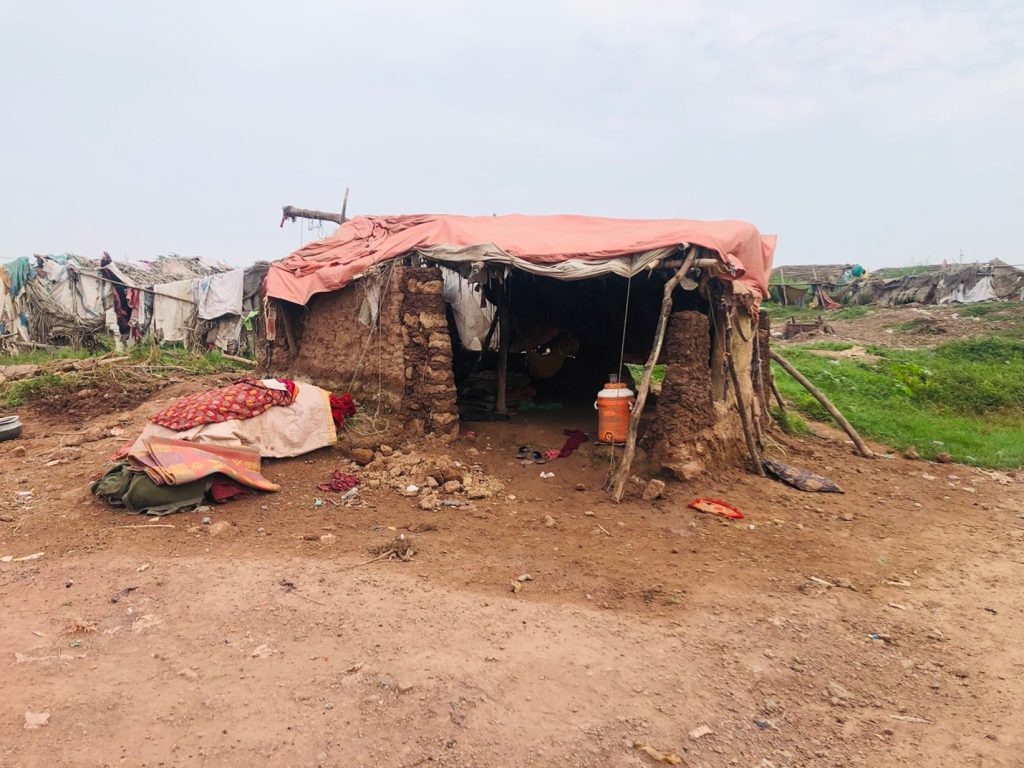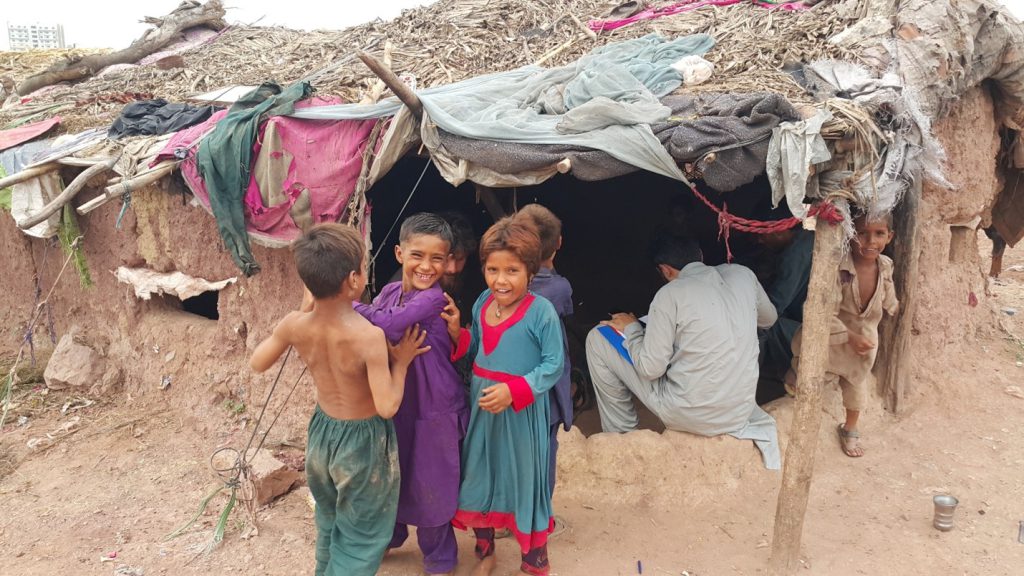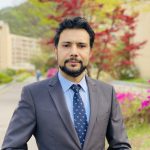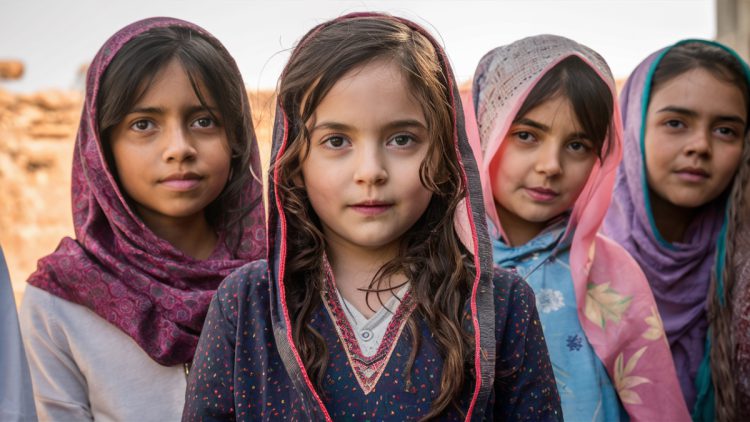The Uphill Battle
Imagine being a parent, torn between sending your child to school or having them earn a meager wage to put the food on the table. This dilemma is a stark reality for many Afghan refugees in Pakistan on daily basis, where 47% of the population is between 7-12 years old and 21% is between 13-17 years old. Lack of basic needs provision, economic hardships, bureaucratic hurdles, and safety concerns on lengthy commutes to schools—all these factors conspire to keep children out of classrooms.
A team of researchers from the School of Social Sciences and Humanities recently conducted a field research to understand the educational landscape among Afghan refugee families in Pakistan. The team included Dr. Inayat Ullah, Dr. Saeeda Khanum, Dr. Ume Laila, Saqib Hussain and Nadia Hussain. Funded by NUST, the research project uncovered the existing vulnerabilities and challenges that refugees’ children are facing in the country. This study shed light on the critical issues affecting their lives and the efforts needed to improve their future prospects.
Unveiling the Challenges
An estimated 2.6 million Afghan refugees are dispersed globally, with a significant concentration in neighboring Pakistan and Iran. Initially fleeing the Soviet invasion in 1979, subsequent political unrest, including the rise of the Taliban and the 2001 US-led invasion, spurred additional waves of migration to Pakistan, which now hosts one of the largest refugee populations in the world, totaling 1.44 million. Despite ongoing repatriation efforts by the United Nations High Commission for Refugees (UNHCR), many Afghans still remain in Pakistan, either as registered or unregistered refugees. Children make up almost half of the Afghan refugee population residing in Pakistan. Majority of them perform low-paying and hazardous jobs and live-in vulnerable conditions in cities where their focus remains mainly on livelihood and economic outcomes.
Afghan refugees in Pakistan face numerous challenges, including a lack of basic necessities, regulatory hurdles, and limited access to essential services such as healthcare, education, and formal employment. Although the government has issued Proof of Registration cards to some refugees, these do not grant access to essential public services. Socioeconomic barriers and cultural differences further marginalize Afghan refugee communities, particularly affecting children’s education and wellbeing.

Quantifying the Impact
The quantitative analysis revealed stark contrasts between households relying on child labor and those that do not. Maternal education emerged as a crucial factor—higher levels correlating with reduced child labor rates, signaling a pathway towards empowerment and economic stability. The findings uncover the severe plight of Afghan refugee children: 1 in 5 parents prioritize labor over education, 50% of school-age children are engaged in labor while others are enrolled in both school and madrassah, and only 30% of Afghan refugees have primary or higher education. These conditions underscore the urgent need for comprehensive interventions to address both the demand and supply sides of education, ensuring the future of Afghan refugee children and their integration into society.

Education as a Glimmer of Hope
Despite these formidable challenges, Afghan refugees hold steadfast to the belief that education is the key to unlocking doors of opportunity. It’s a sentiment echoed by parents who, against all odds, prioritize their children’s education, often sacrificing their own comforts.
Policy Imperatives
This research underscores the critical interplay of demographic, economic, and cultural factors affecting child labor dynamics among Afghan refugees. Addressing these issues requires a multifaceted approach that considers economic incentives, educational access, and cultural norms. These findings indicate significant disparities in maternal education between child labor and non-child labor households, suggesting the need for targeted interventions to enhance educational access, particularly for mothers. This could help reduce child labor and improve future prospects for refugee children. Despite facing significant challenges, Afghan migrants display a positive attitude towards education and remarkable resilience, even while living in slums and coping with uncertain conditions. Policymakers and officials have a crucial role in enabling these refugees to transition into productive participants rather than remaining in a cycle of poverty and vulnerability.
The Road Ahead
Education can play an instrumental role in navigating the complexities of refugee integration. By promoting access to education and opportunities, we can bridge divides, empower communities, and pave a brighter future for Afghan refugee children. This will ensure that these children have the tools they need to succeed and contribute positively to society.
The author is an Assistant Professor, at Department of Government & Public Policy, School of Social Sciences and Humanities (S3H), National University of Sciences and Technology (NUST). He can be reached at inayat@s3h.nust.edu.pk.
Research Profile: https://bit.ly/3LvzITH

![]()








Mashallah, continue this will bring the fruitful life for the Afghan refugees